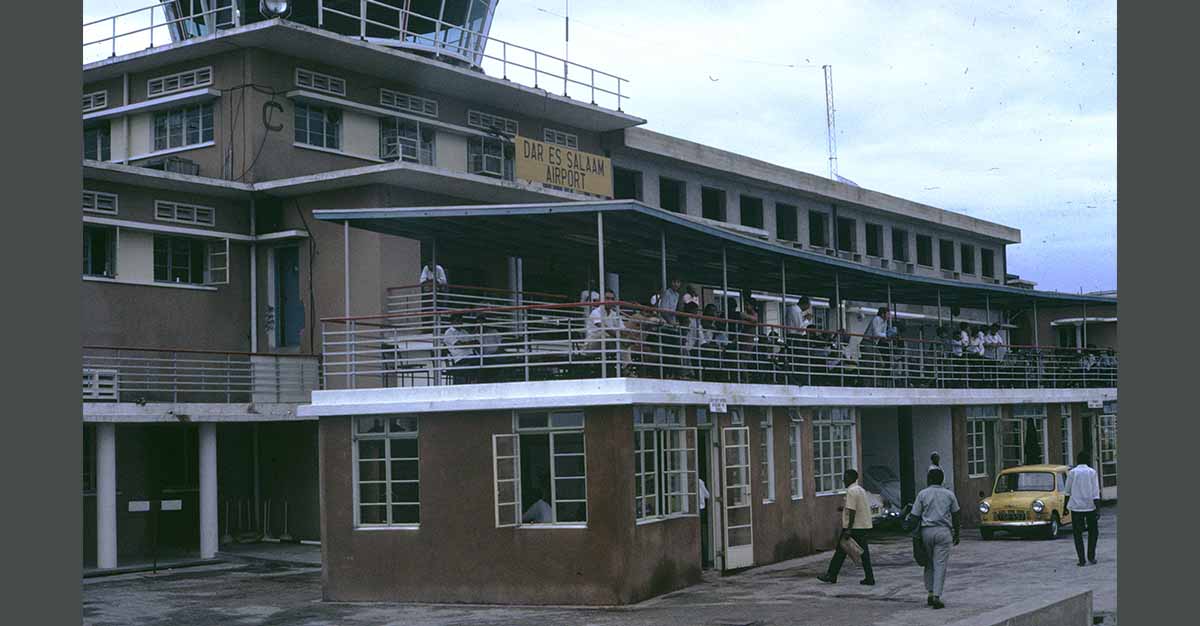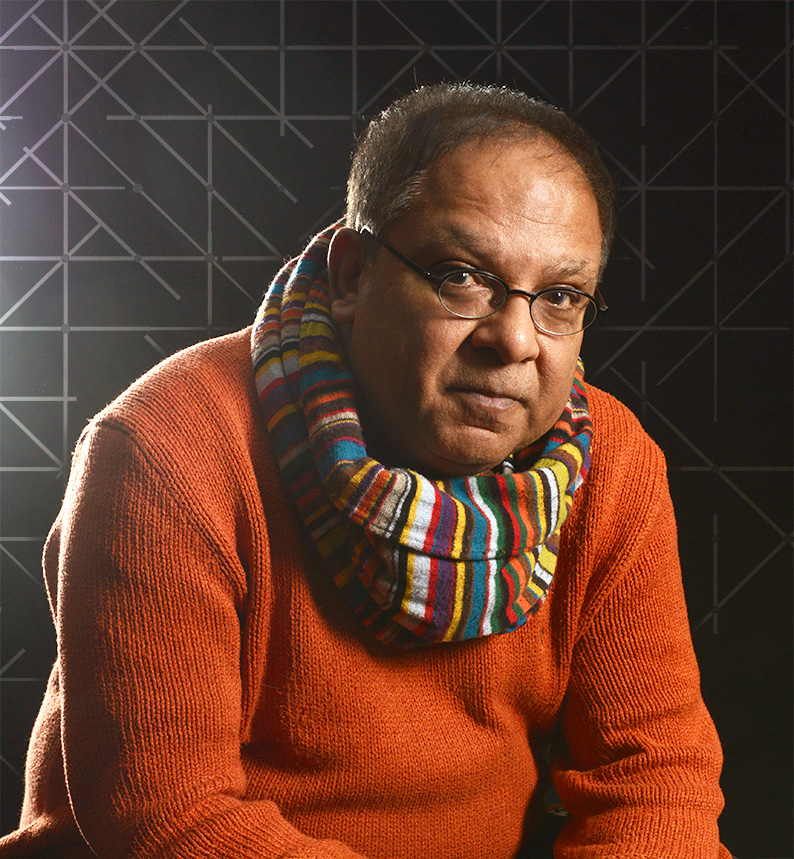When I was born, Dar-es-Salaam (Arabic for Haven of Peace) was an idyllic harbour on the coast of East Africa. After an absence of forty years, only a chance sojourn in Dubai and an advert in the Gulf News offering a three-day excursion enticed me to return home. I had no incentive to go back. Thanks to African nationalism and its purge of Asians, my close-knit community had dispersed to all corners of the Earth.
In my youth, the only compensation for studying in England had been to return to Africa at every chance. I would land at the ancient airport—a lonely hangar set amid a field of purple bougainvillea overlooking the Indian Ocean. Customs and Immigration were all manned by friends and family, who would personally greet me at the plane, take a moment to stamp my passport—then one of them would drive me home.
Emirates Flight 725—a brand spanking new Boeing 777-300—landed me at 3 p.m. on a Friday at the “new” Dar-es-Salaam International Airport. The bougainvillea had disappeared. Nothing but auburn sand danced in the wind, released from pockets of earth lodged between the concrete runways. Within minutes of landing, the crew vanished, as if they had been a figment of my imagination. They had had no time to chat with me on the plane, gallantly striving to serve 300 passengers instead of the intimate coterie of 50 I’d flown with in those earlier years.
Despite its newness, like in the old days, you still had to disembark down a mobile stairway, then walk the route to the terminal. The black tarmac felt like it was melting under my feet. The former sweet smell of jasmine was replaced by the rancid sweaty odour of airport workers running in and out of the passenger line unloading luggage and cleaning out the plane. The taste of dry dust filled my mouth. There were no covered skyways to shelter under. Worse—no uncles to greet me—only an amorphous mob of onlookers waving from the visitors’ balcony.
Who was going to guide me out of here? Who was going to drive me home? Where was my home? I joined the line of incumbents waiting to have their passports stamped. Half of them, including me, languished on the tarmac under the blazing sun. Inside it was just as hot and humid, windowless to boot—no hint of air-conditioning.
Once through security, where I was photographed—an added precaution since the recent Al Qaeda bombing—I was finally free to go.
Instead of a freshly swept pavement with little human traffic, a throbbing populace greeted me. Trolleys bumped into me, as did children escaping the clutches of their parents. Against their ebony skins, shirts and kitenges (dresses) pulsated in vibrant colours— splashes of fiery red, azurite blue, budgerigar green and yellow. After a brief onrush of attention from porters dressed in hand-me-downs and my curt refusal of their services, I was immediately forgotten and treated as mere flotsam and jetsam bobbing up and down in the crowd—a stranger in my own land.


